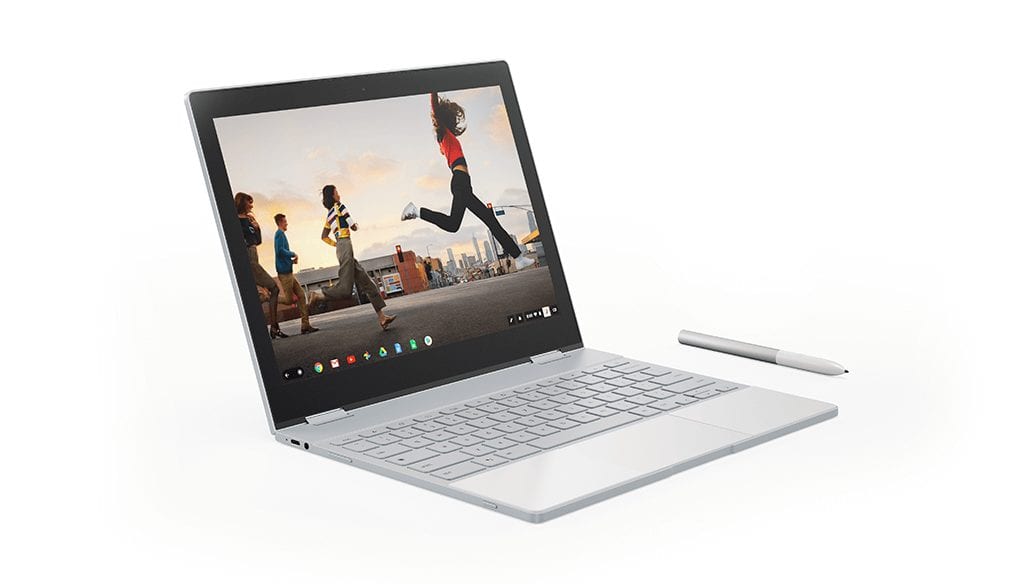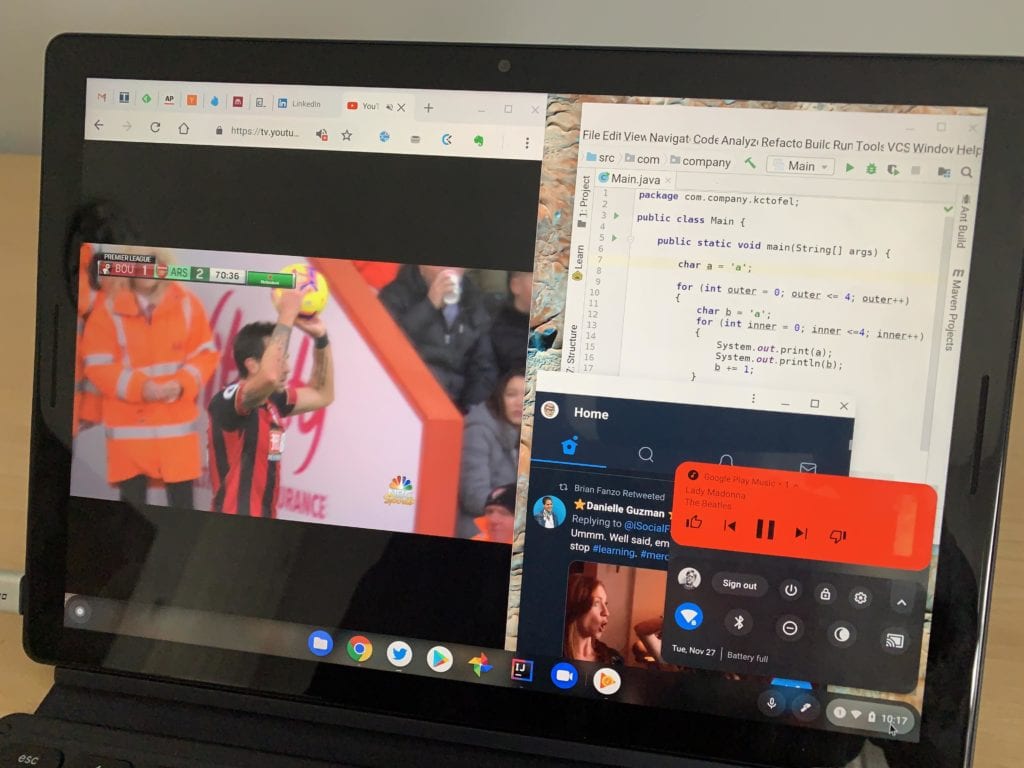It’s not confirmed yet but earlier today, Business Insider reported that dozens of Google employees in its hardware department responsible for Made By Google Chrome OS devices have been asked to move on to different areas of the company. I know a few of those folks – they’re exceptionally smart – and if this is true, I hope that any negative impact is minimized on them.
There were plenty of hot takes on this report, as
I don’t know either, so don’t get your hopes up. And my intent isn’t to “spin” potentially bad news here.
Instead, it’s to try and dip my head under the ice surface and think about the various possibilities. Among them are

For perspective, you have to realize that Google is a publicly traded company. As such, it has an obligation to provide a return on investments from its shareholders. Gone are the days of throwing cash and talent at various projects by a private company to see what works. So any potential cuts in areas which aren’t financially viable is a responsible action. And this isn’t exactly new. During my time at Google back in 2016 and 2017, I often heard about more fiscal responsibility across many
So let’s talk about the reported information and, for now, assume the worst: It’s true and Google is, at least for now, getting out of the Google-branded hardware market for Chromebooks.
- I’d still expect the Pixelbook 2, likely the Atlas device, to debut this fall alongside new Pixel phones. Atlas has been in the works for far too long at this point to suddenly disappear. Some folks have been holding out for an updated Pixelbook so they’ll likely be happy.
- Current Google Chromebooks and the Pixel Slate will still, of course, work. It’s not as if some central servers disappear, rending the devices useless. In fact, all new Chrome OS devices have a 6.5-year automatic update support life. That wouldn’t change.
- High-end Made By Google Chrome devices have already served a huge purpose: They showed companies such as Acer, Asus, Dell, HP and Lenovo that some people are willing to pay a premium price for a premium Chromebook experience. That wasn’t the case when either the Chromebook Pixel models nor the Pixelbook launched: At that
point, if you wanted a powerful Chromebook you could pick any model so long as Google made it. Now you can get Pixelbook performance from Google hardware partners and pay less than Pixelbook pricing. - Google still has a massive hand in Chrome OS hardware because its partners don’t simply throw Chrome OS on any old motherboard, processor and display combination. Through the Chromium team, Google literally builds and modifies Chrome OS to work optimally on specific hardware which its partners then produce en masse. And frankly, those device makers likely get components for much less than Google pays since they sell tens of millions of computers yearly. And reallocating resources to helping hardware partners could improve the Chrome OS experience for all devices.
- Chrome OS devices aren’t going away. Google is committed to Chrome OS because it’s their edge play against Windows and macOS. And these devices can bring in revenue through software and services, particularly in enterprises and small/medium businesses. Want a managed Chrome OS device in your office? That’ll be $50 a year per device at work or $30 per managed device in a classroom, thank you. Oh, and if you want to use GSuite — one of the main reasons for a Chromebook in business — that’s another $25 per user, per month in the enterprise. Add it up and you can see that software and services quickly make back far more than razor thin margins on hardware in a short time.
- Current Made By Google exclusive features could become available to all Chrome OS partners. Yes, you might see new Chromebooks with a dedicated Google Assistant key, for example, which is good for all device owners. We’ve already seen this with the native Google Assistant service moving beyond Google devices.
- Leaving the direct hardware market could be a temporary action. The Nexus phone line disappeared only to be replaced by the Pixel phones, which have slowly improved both in capabilities and hardware sales.
Meanwhile, recent Chromebook Plus review coverage shows how hardware partners are already filling the gap with capable alternatives.
All in all, if the report is true, there’s actually

For the rest of the Chromebook world, it’s likely business as usual. Let’s wait and see how this shakes out and what Google says about it — either directly or indirectly through product announcements — before jumping to the “doom and gloom” perspective.

